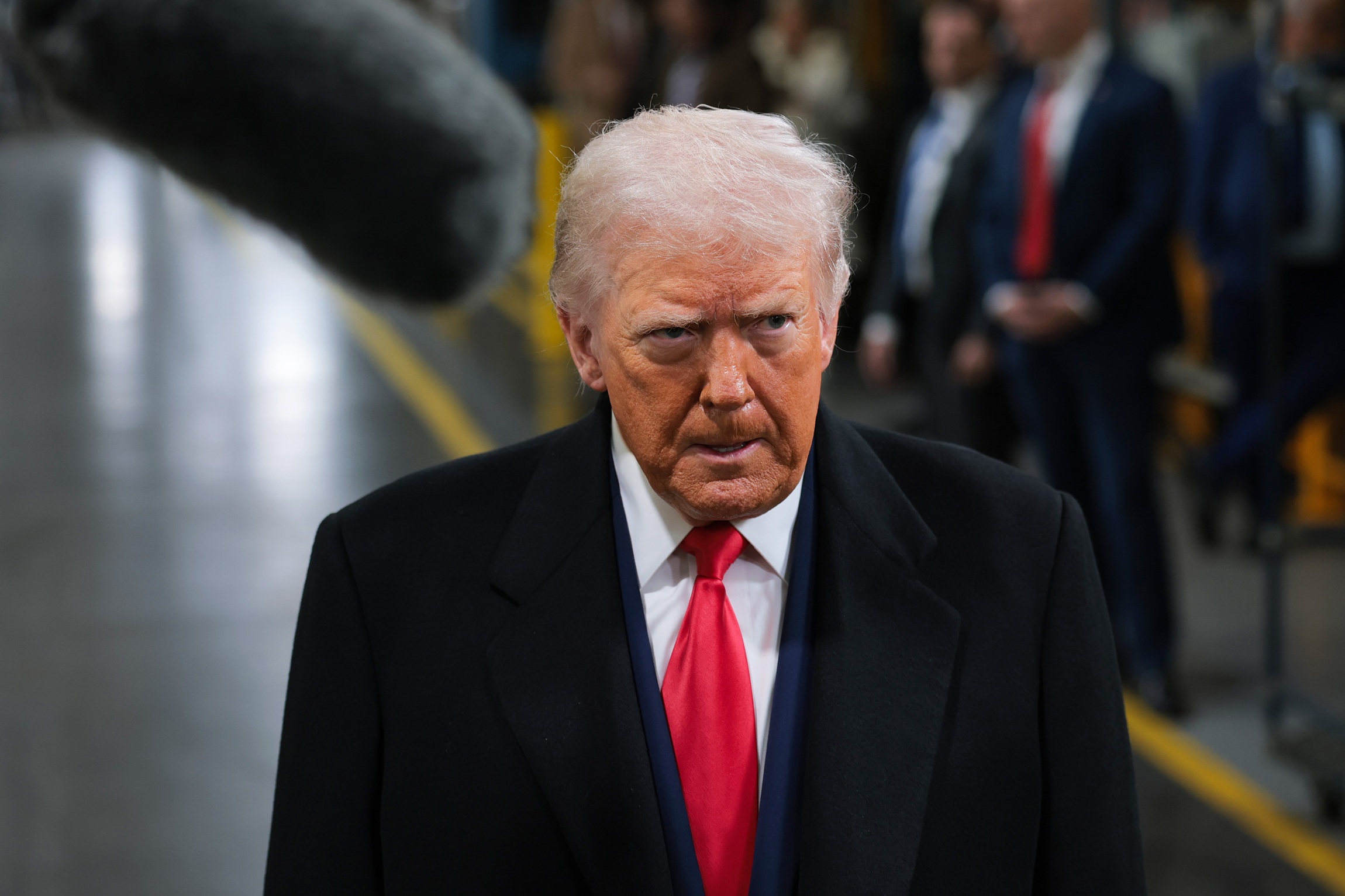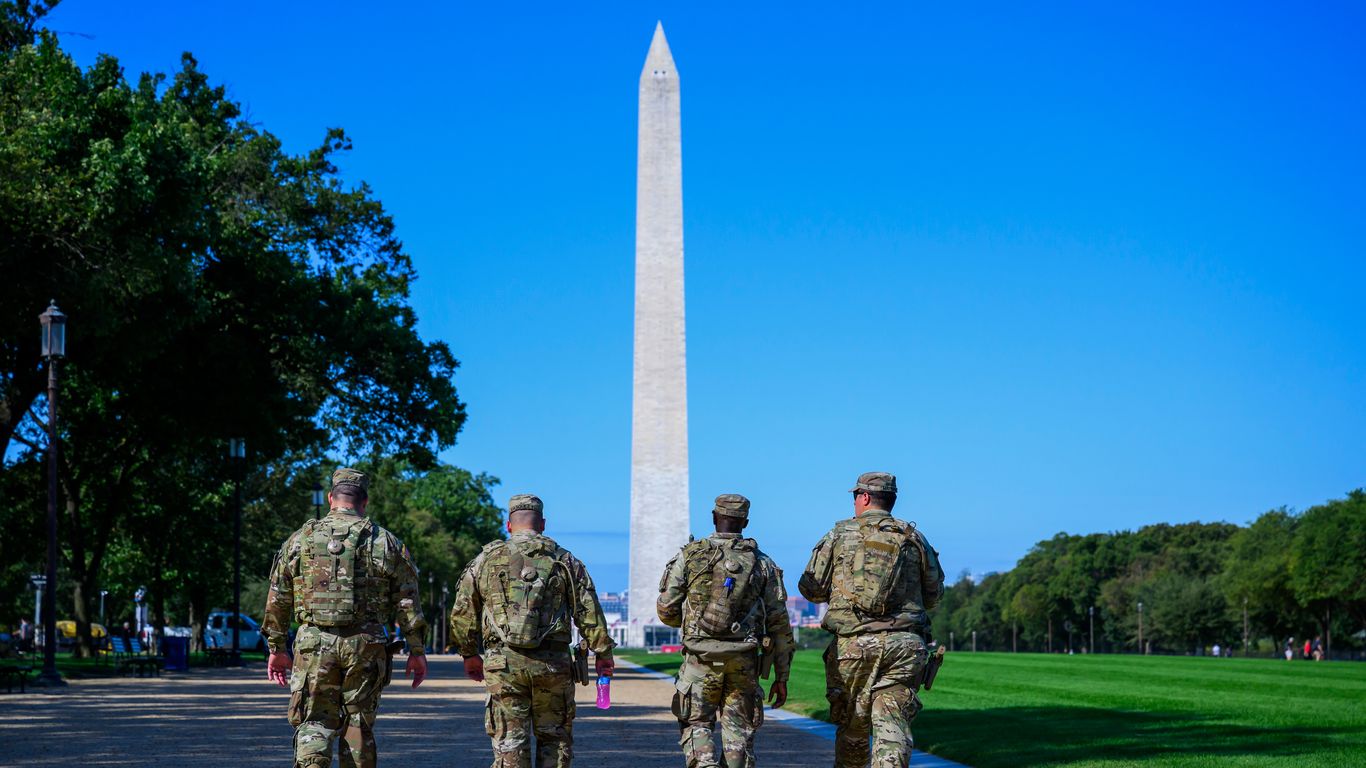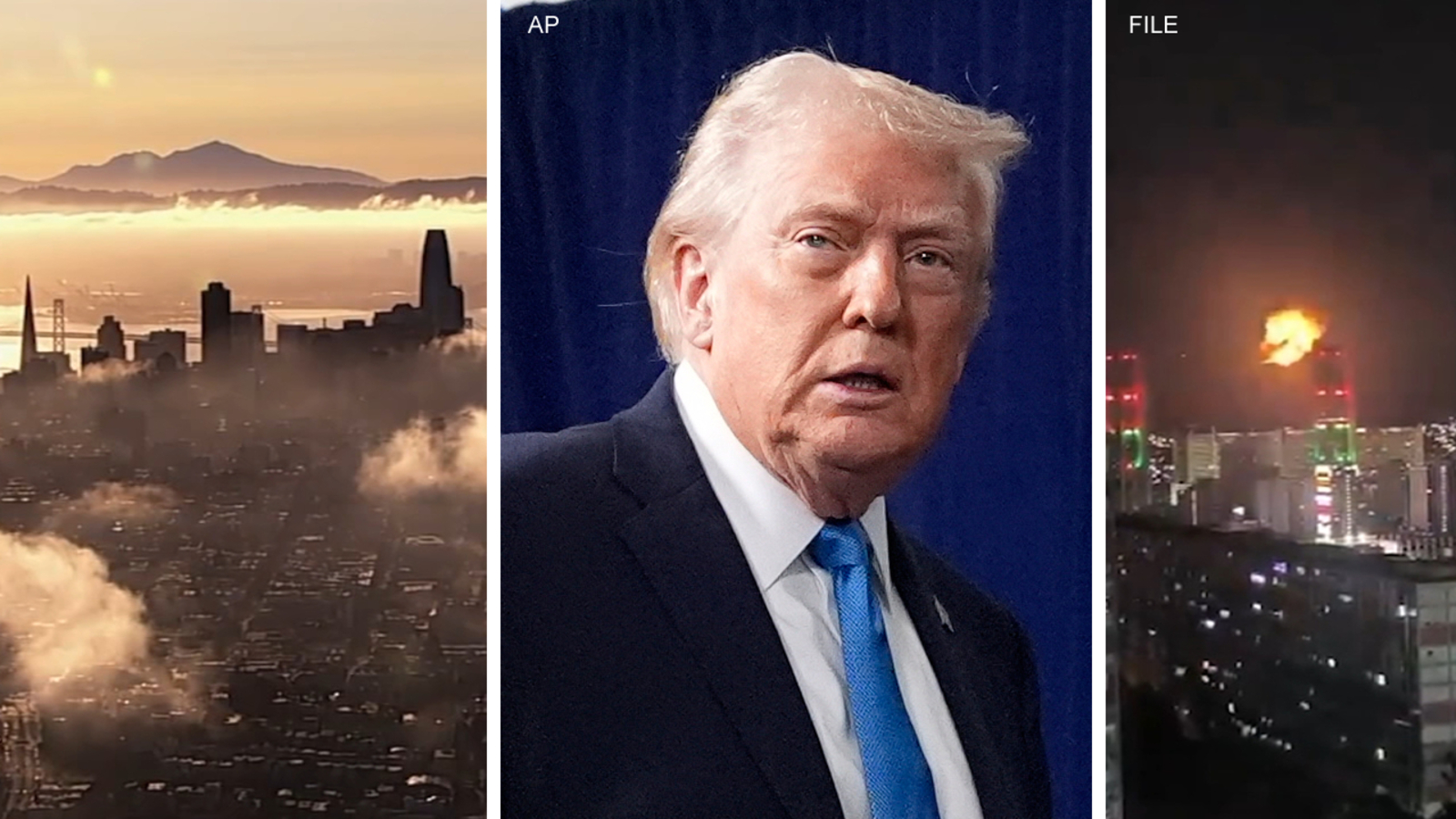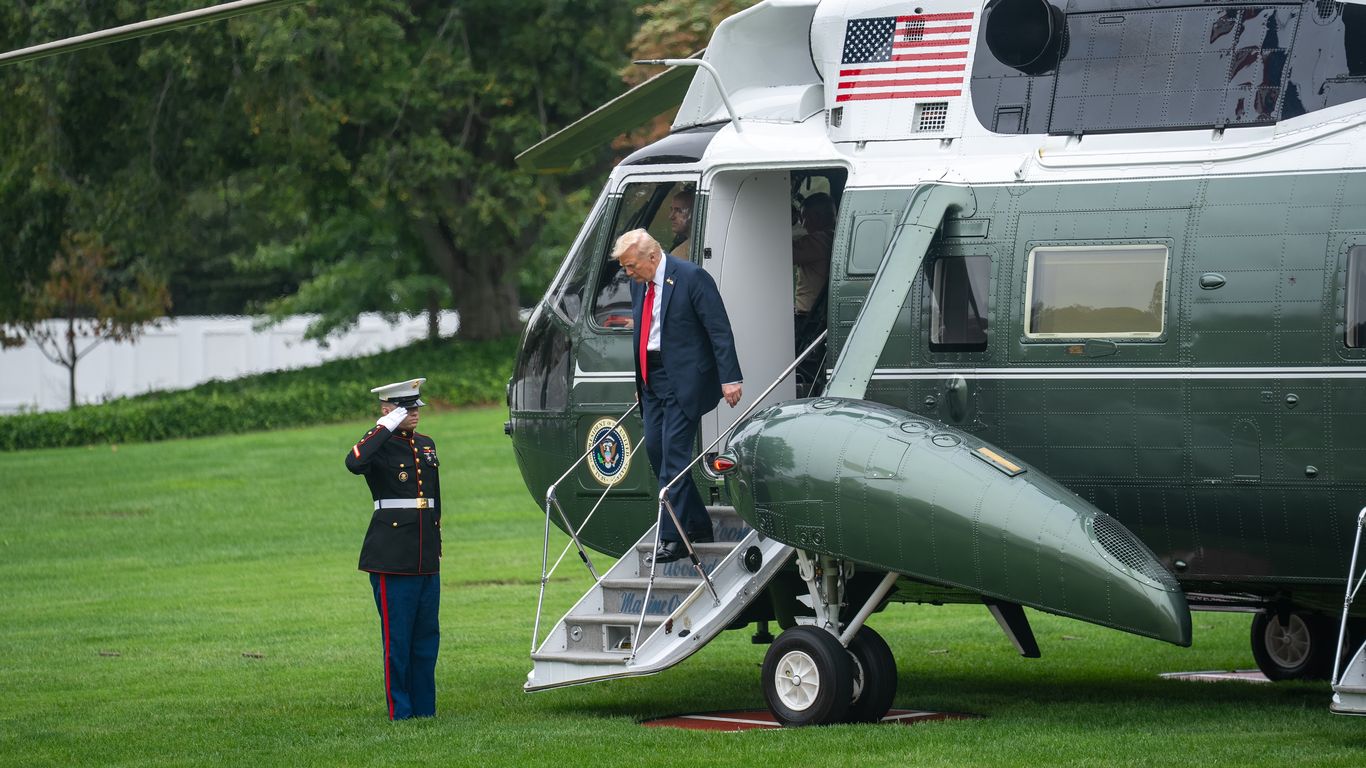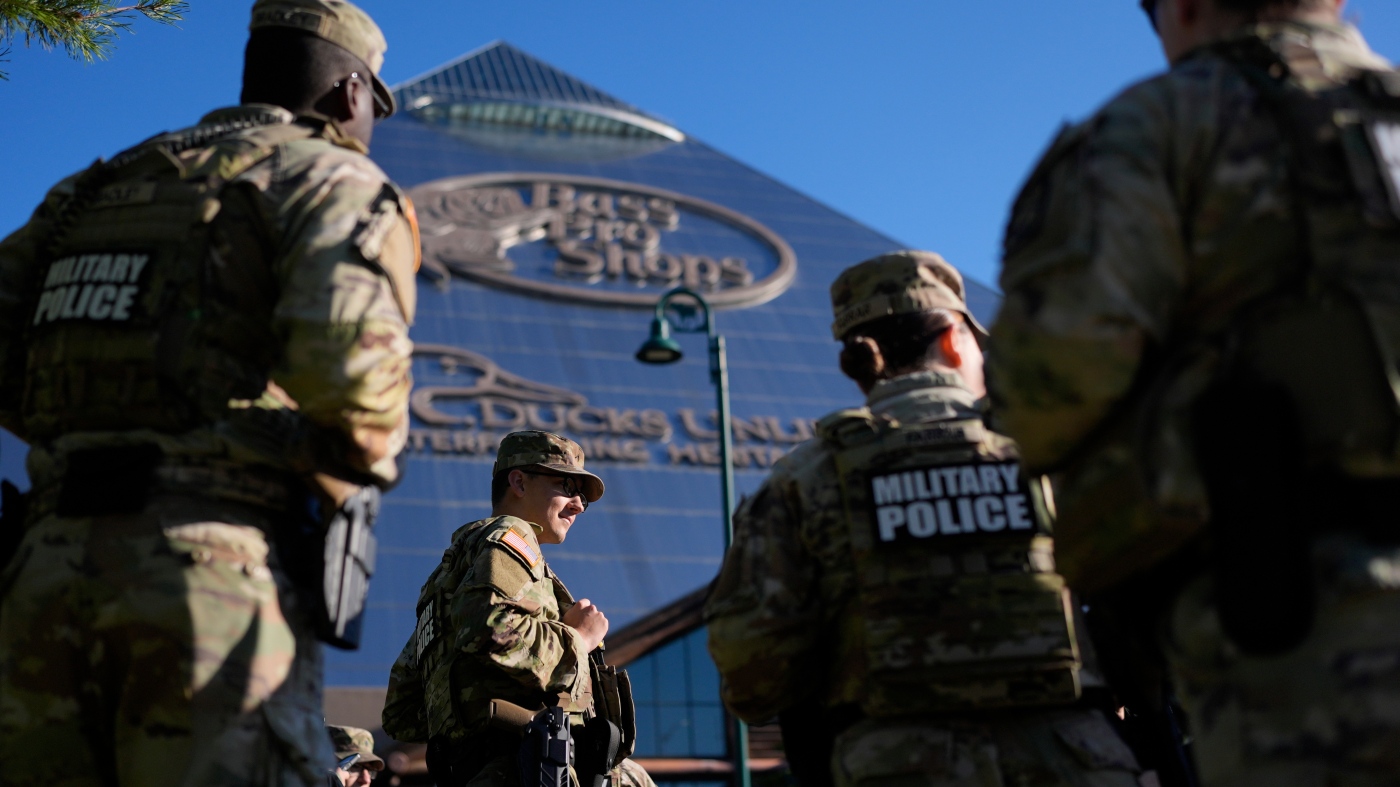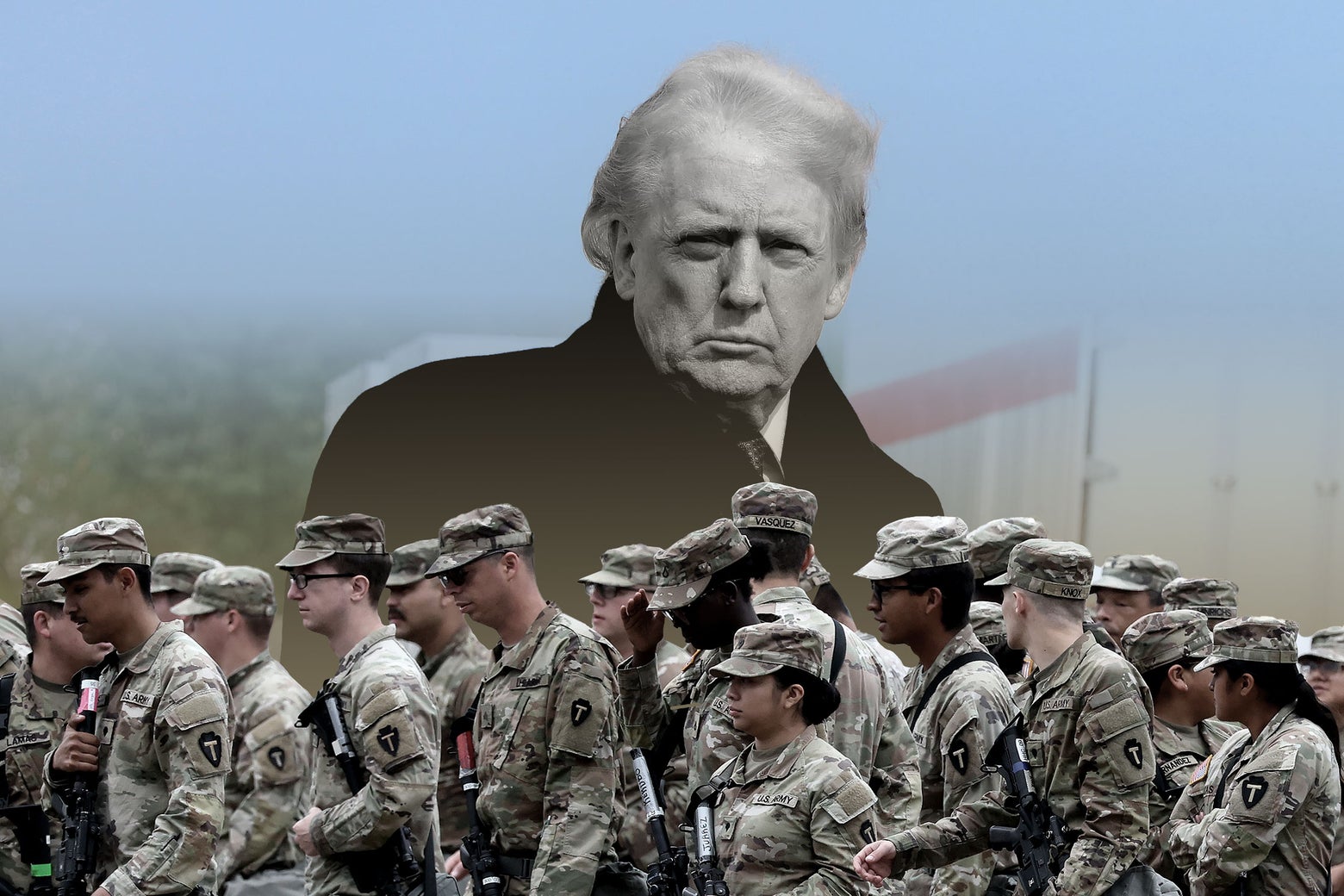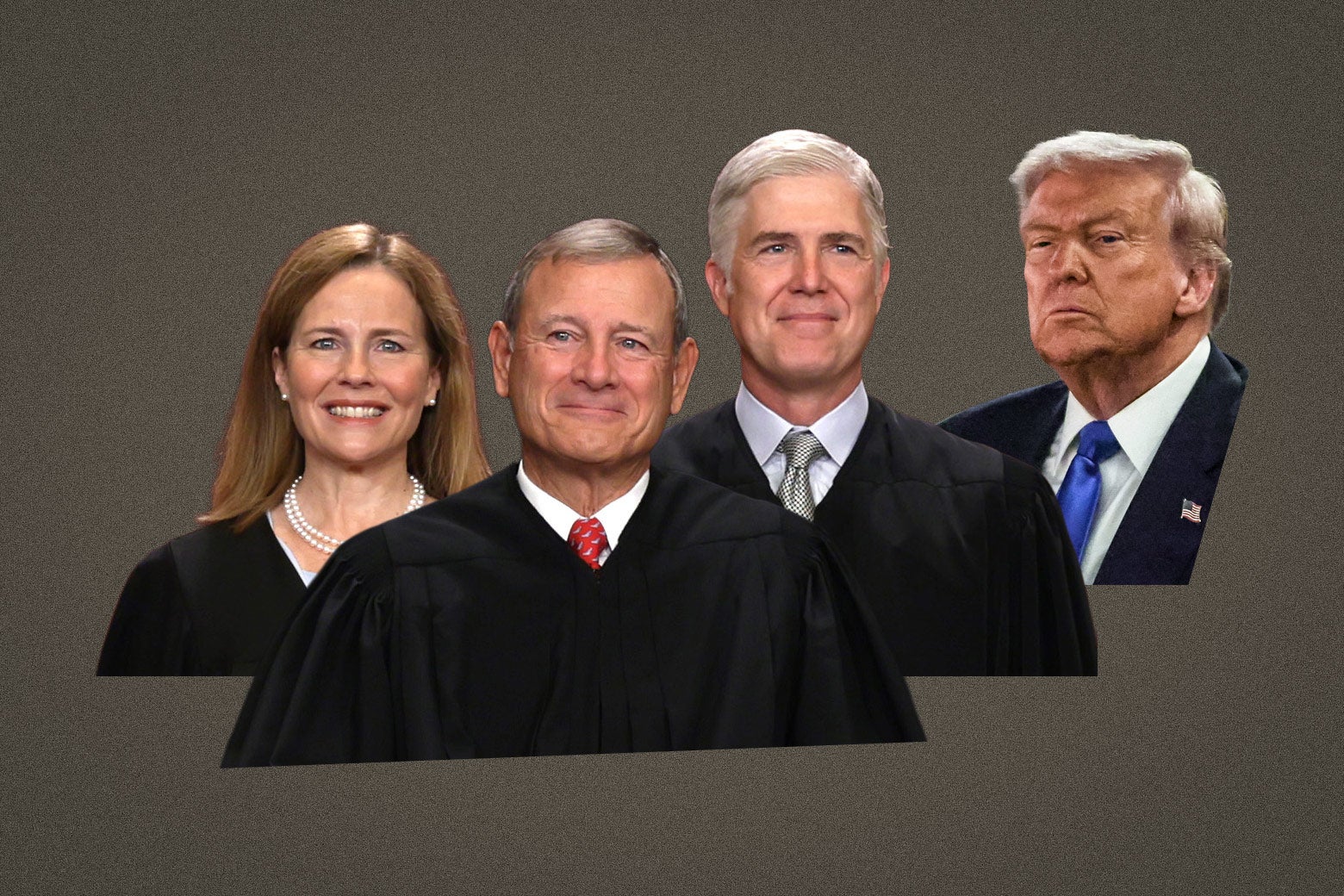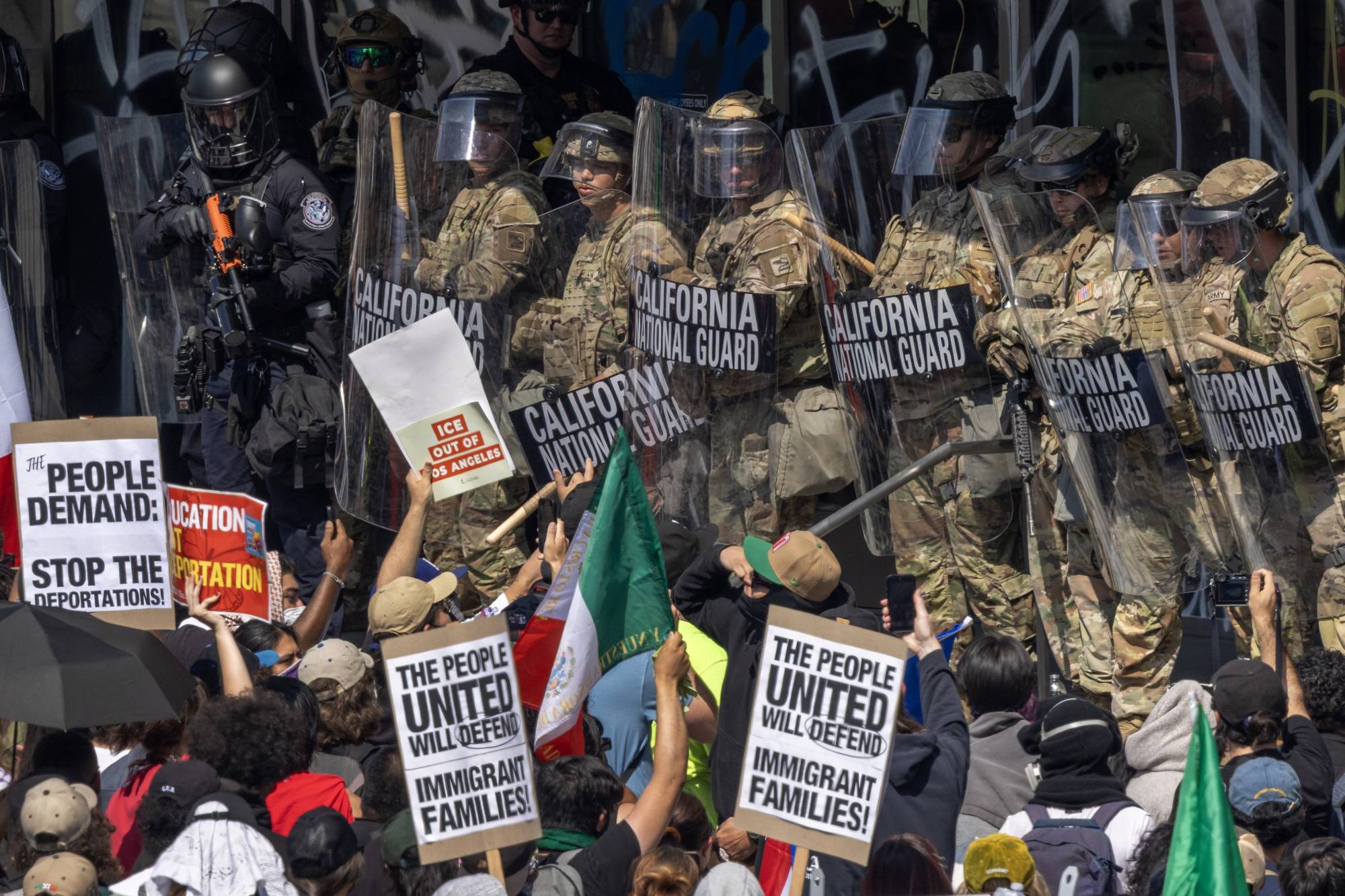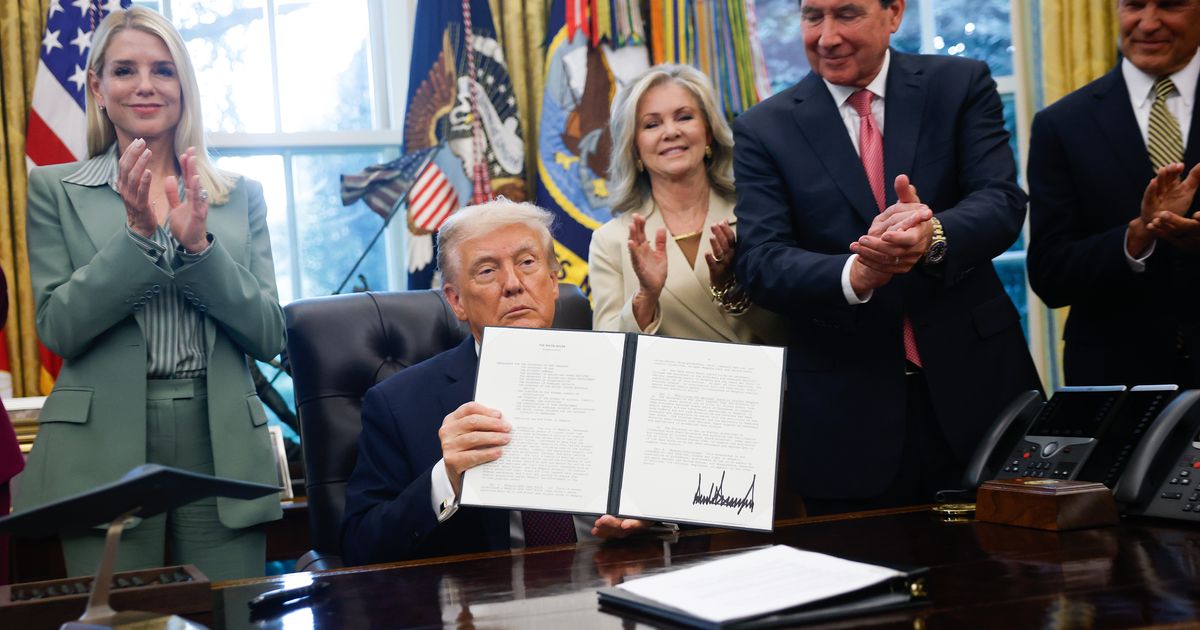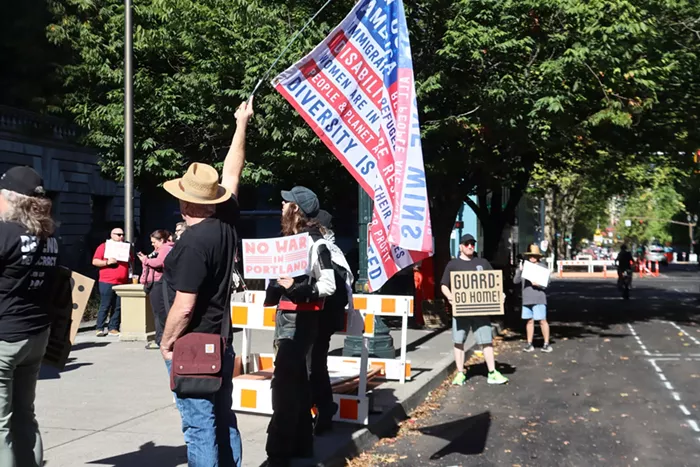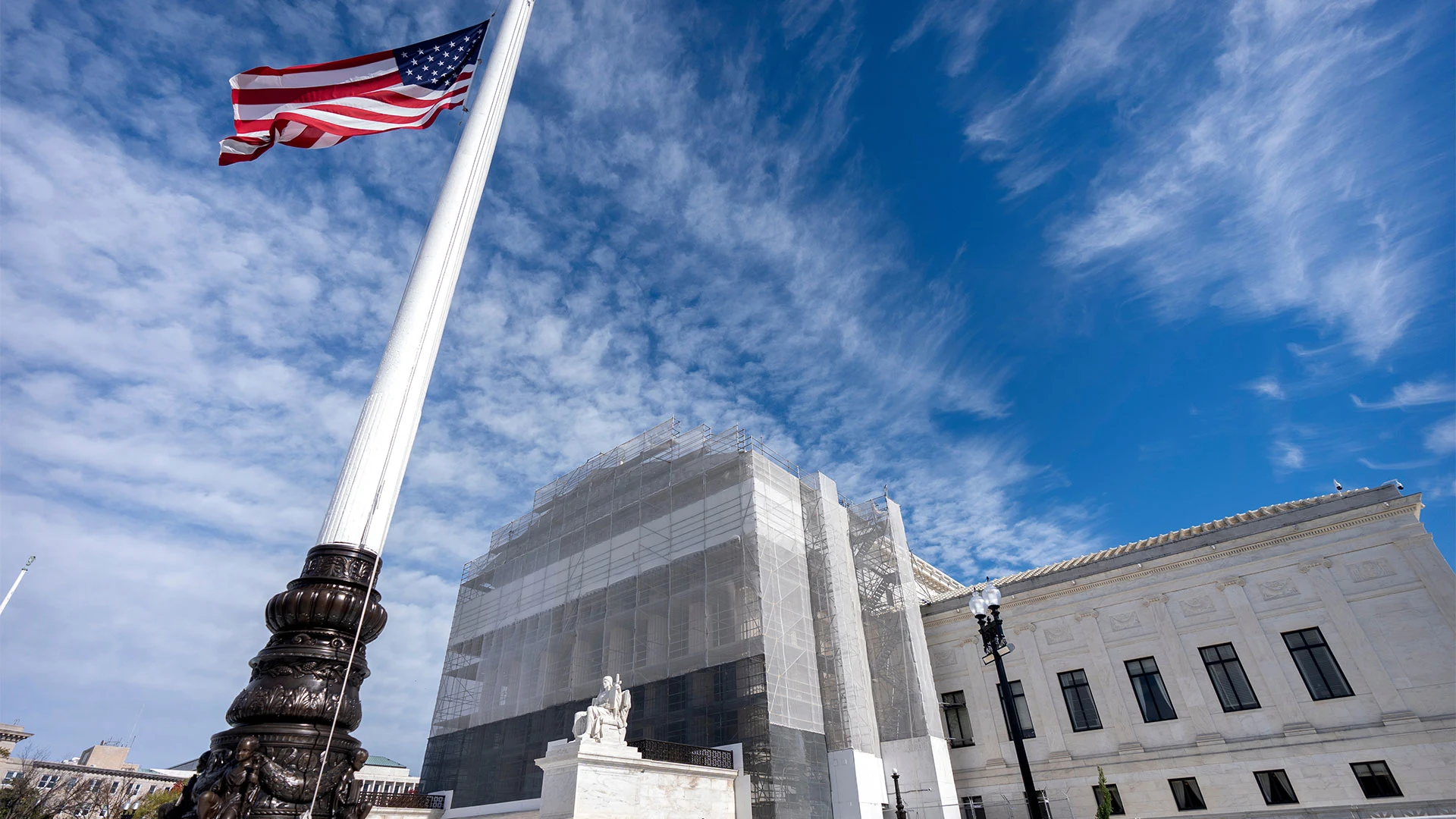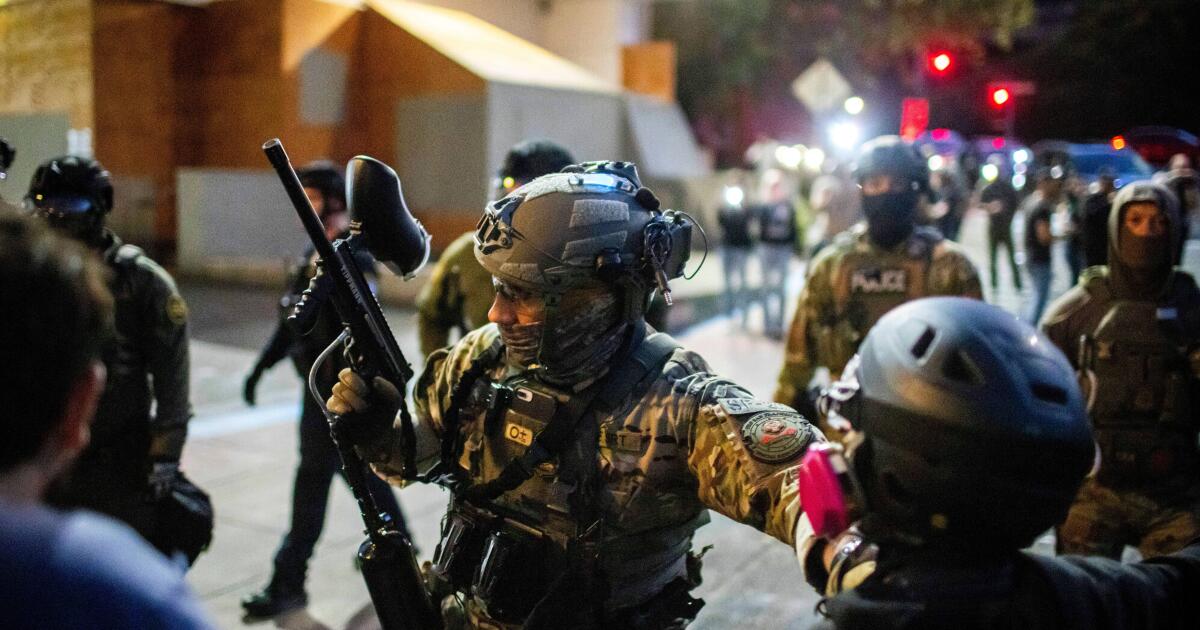#presidential-authority
#presidential-authority
[ follow ]
fromwww.theguardian.com
1 month agoTrump's move to pull US from key UN climate treaty may be illegal, experts say
In a Wednesday presidential memorandum, the president said the US shall withdraw from the UN Framework Convention on Climate Change (UNFCCC), along with 65 other organizations, agencies and commissions that it deemed contrary to the interests of the United States. It marks the first time any country has ever moved to exit the agreement. The UN climate body requires one year's notice for withdrawal, so the United States will not cease being a party for a year.
US politics
fromwww.mediaite.com
1 month agoJosh Hawley Tries to Make Amends After Trump Calls For His Defeat: I Love the President'
Republicans should be ashamed of the Senators that just voted with Democrats in attempting to take away our Powers to fight and defend the United States of America. Susan Collins, Lisa Murkowski, Rand Paul, Josh Hawley, and Todd Young should never be elected to office again, Trump raged, adding: This Vote greatly hampers American Self Defense and National Security, impeding the President's Authority as Commander in Chief.
US politics
World news
fromPoynter
1 month agoOn the Sunday shows, the White House called it law enforcement. Democrats called it war. - Poynter
The United States conducted a large-scale military operation that ousted Venezuelan President Nicolás Maduro, killing dozens and raising questions about presidential authority and Congressional approval.
US politics
fromwww.npr.org
2 months agoTrump to address affordability. And, the significance of Indiana's redistricting fight
President Trump will increase domestic travel to promote affordability efforts amid criticism that his policies contributed to higher prices and economic pain for some sectors.
US politics
fromwww.mediaite.com
2 months agoJUST IN: Trump Announces He's Canceling All Biden Autopen Orders in Truth Social Tirade: Hereby Terminated'
President Trump declared autopen-signed Biden documents invalid and ordered cancellation of executive actions he says lacked Biden's direct signatures.
fromThe New Yorker
3 months agoHow Far Can Donald Trump Take Emergency Power?
Catastrophic. Ruinous. Country-killing. Tragic. These may sound like characterizations of Donald Trump's Presidency. They were, in fact, adjectives used in the President's brief to the Supreme Court warning of the consequences of declaring his tariffs unlawful. After months of issuing interim orders that granted most of the President's emergency requests to lift lower courts' temporary blocks on his various policies, the Court, on Wednesday morning, heard oral arguments in the case-the first on the limits of executive power in the second Trump Presidency.
US politics
US politics
fromwww.mediaite.com
3 months agoCBS Reporter Grills Karoline Leavitt on East Wing Demolition in Fiery Battle: Can Trump Tear Down Anything He Wants?'
White House says NCPC's longstanding legal opinion permits demolishing the East Wing without an NCPC submission and defends the president's authority over such structural removals.
fromemptywheel
4 months agoJim Comey Prepares to Prevail at SCOTUS - emptywheel
On Nicole's podcast today, I said that many of the criminal issues that will arise from Trump's politicization of DOJ won't be all that controversial at SCOTUS (and SCOTUS is least awful on criminal justice issues). But I said one area would likely break new ground: selective and vindictive prosecution. Jim Comey's prosecution - and that of everyone else Trump is pursuing - fits poorly in the existing precedents for selective and vindictive prosecution, even while they clearly are vindictive.
US politics
fromIntelligencer
4 months agoTrump Might Get to Send the National Guard Anywhere He Wants
The law Trump has cited to activate National Guard troops is not the Insurrection Act - though he has openly contemplated it - but rather an emergency statute titled Section 12406. (Not every statute gets a memorably ominous moniker.) That law permits the president to deploy the Guard, even over the objection of a state governor, in cases of rebellion or foreign invasion, or when "the President is unable with the regular forces to execute the laws of the United States."
US politics
fromKqed
4 months agoSF Appeals Court Appears Reluctant to Block Trump's National Guard Deployment to Portland | KQED
For months, the ICE facility in Portland and the federal law enforcement officers who worked there have faced a steady stream of violence, threats of violence and harassment from violent agitators bent on impeding federal immigration enforcement,
US politics
fromwww.theguardian.com
4 months agoSenate Republicans vote against check on Trump using deadly force against cartels
Senate Republicans voted down legislation Wednesday that would have put a check on Donald Trump's ability to use deadly military force against drug cartels after Democrats tried to counter the administration's extraordinary assertion of presidential war powers to destroy vessels in the Caribbean. The vote fell mostly along party lines, 48-51, with two Republicans, Rand Paul and Lisa Murkowski, voting in favor and the Democrat John Fetterman voting against.
US politics
fromBusiness Insider
4 months agoTrump administration's $100,000 H-1B visa fee challenged in lawsuit
A coalition of unions, nonprofits, religious organizations, and a healthcare staffing firm, among others, is suing the Trump administration over its $100,000 H-1B visa fee, marking what appears to be the first major legal challenge against the proclamation to land in federal court. In a lawsuit filed on Friday in the US District Court in Northern California, plaintiffs said President Donald Trump doesn't have the authority to 'unilaterally impose fees,' calling it 'extortionate,' 'draconian,' and an impediment to innovation.
US politics
US politics
fromAP News
4 months agoTrump says he will send troops to Portland, Oregon, in latest deployment to US cities
President Trump ordered troops to Portland to protect federal facilities and counter alleged domestic terrorists, while Oregon leaders say military intervention is unnecessary and unauthorized.
fromwww.npr.org
5 months agoPresident Trump plans to rename the Defense Department as the Department of War
A White House fact sheet explains that under the executive order, the name "Department of War" will serve as a "secondary title" for the Department of Defense. According to the fact sheet, the order will also authorize Defense Department officials to substitute the word "war" into their titles. For example, the Secretary of Defense could use the title Secretary of War.
US news
fromwww.esquire.com
5 months agoTrump's National Guard Deployment Was Ruled Illegal. Here's Why.
Breyer, a Clinton appointee based in San Francisco, concluded that Trump's Los Angeles deploymentan operation overseen by Defense Secretary Pete Hegsethviolated a longstanding law meant to prevent domestic law enforcement by the military: the Posse Comitatus Act. His decision followed a four-day trial last month that included testimony from the Pentagon officials overseeing the troop deployment in Los Angeles. At this early stage of the proceedings, the Court must determine whether the President followed the congressionally mandated procedure for his actions.
US politics
fromLos Angeles Times
5 months agoTrump deployment of military troops to Los Angeles was illegal, judge rules in blistering opinion
A federal judge ruled Tuesday that the Trump administration's deployment of U.S. military troops to Los Angeles during immigration raids earlier this year was illegal. U.S. District Judge Charles Breyer found the deployment violated the Posse Comitatus Act, which limited the use of the military for law enforcement purposes. He stayed his ruling to give the administration a chance to appeal. "President Trump and Secretary Hegseth have stated their intention to call National Guard troops into service in other cities across the country ... thus creating a national police force with the President as its chief," Breyer wrote.
US politics
Environment
fromFast Company
10 months agoLegal experts say there's no basis for the Trump administration's plans to repeal environmental regulations
New White House directives on environmental regulations face significant legal challenges.
Experts believe the directives exceed presidential authority and are incompatible with existing law.
[ Load more ]
